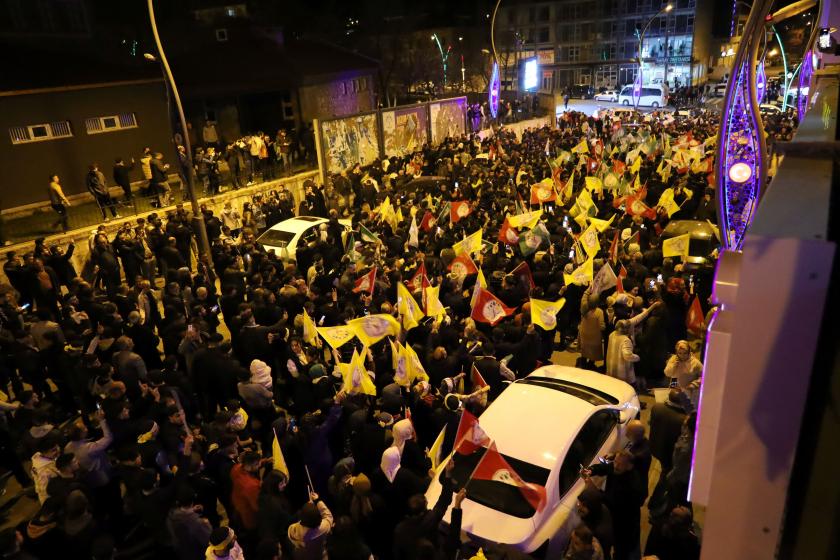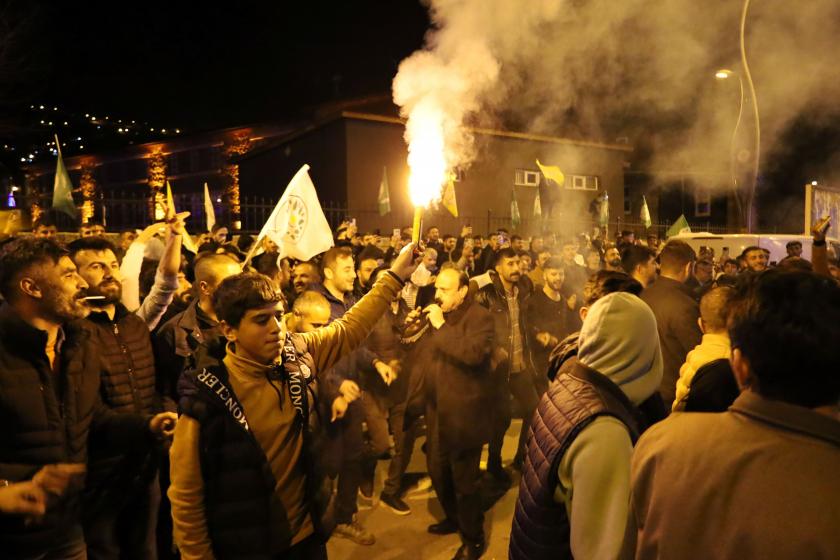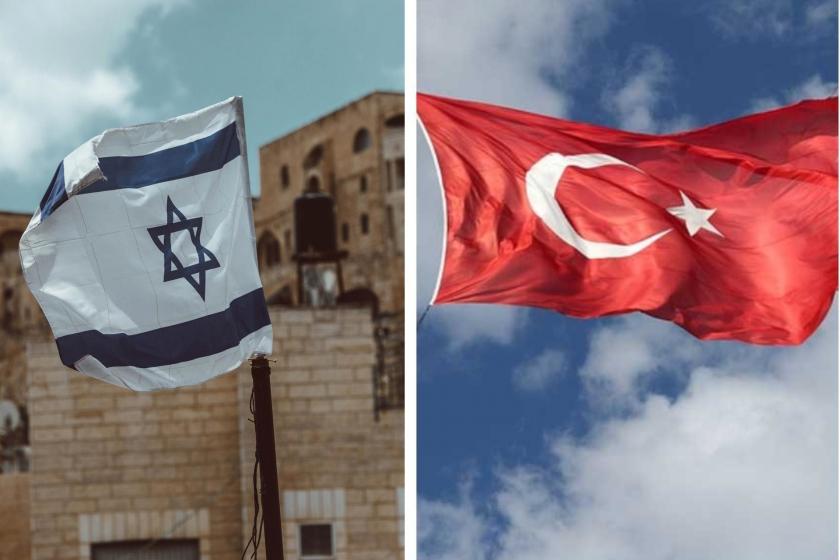Evrensel was born at a time when the ramifications of the defeat of socialism were extant and when neoliberal attacks against the toiling masses all over the world were gaining momentum as well as when the struggles of labouring masses against these attacks were in fruition.
The quintessential example of the influence and permeation of the neoliberal policies by the pro-business and capital-orientated press were seen by the legitimation attempts of these policies by the mainstream media organs. Relatedly, the struggles waged by the labouring masses were either deluded by them or, when acknowledged, these struggles were reported in a very distorted and scanty form.
Evrensel’sraison d'être couldn’t solely be explained as filling in the latterly mentioned void because, more importantly, at a time when the bourgeoisie was trying to legitimate and diffuse its worldview by means of the media, it also activated a form of journalism that handled news with the struggle of the working class against the bourgeoisie in mind.
Lenin when in outlining the duties of Iskra emphasised that a newspaper, besides a collective propagandist and a collective agitator, is a collective organiser. He also likened it to the “scaffolding erected around a building under construction”.
Additionally, Evrensel’s understanding, analysing and relaying of news is very much linked to Marx’s 11th thesis on Feuerbach wherein he posits that interpreting the world isn’t suffice; the point is to change it.
The Ünaldı Struggle that took place in the second year of Evrensel’s publication is a case in point in illuminating what a workers’ daily does and implies for the worker. Put differently, Evrensel’s role in this struggle is a manifestation of all the above duties and roles imputed to it.
This important struggle was not only on the cover page of Evrensel (at times as headline news) it was also dealt with at length within the paper by tackling issues pertaining to experiences from previous workers’ struggles and the trickeries of the employers of Ünaldı and other workplaces in so doing the paper aimed to be of guide to workers.
In the articles series entitled ‘The Rights Movement in the 90s’, Elif İnce states “Around 20, 000 informal textile workers in Gaziantep Ünaldı Textile Industrial Site who were working under dire conditions left their looms for a month starting from 1 July 1996. This struggle, to which the media turned a blind-eye to, except for Evrensel, resulted with a huge success for the workers as they attained each and every right they demanded.” (Bianet, 30 Aralık 2014)
In this historically significant struggle, the role of Evrensel, without sacrificing it for modesty, was analogous to the “scaffolding erected around a building under construction” as evinced within the different steps of this struggle; from the workers conceiving themselves as a class to them politically organising.
In addition to the Ünaldı struggle, another exemplary struggle was that of the Liverpool dockers’ strike. The strike began in September 1995 when five workers employed by an offshoot of the Mersey Docks and Harbour Company (MDHC) were sacked when they walked off the job after refusing to work for casual rates. After another 80 workers were sacked, the strike began with the attendance of around 500 dockers.
Evrensel, which followed and reported the Liverpool dockers’ strike on a daily basis, had one its journalist, MetinGöktepe beaten to death in police custody after being detained in Alibeyköy/Istanbul where he was to report on a development. The Liverpool dockers attended every trial for Göktepe’s death, because, to put it in their words; ‘the paper that covered their struggle had lost one of their journalists’. Moreover, the Liverpool dockers also visited the workers of Ünaldı as well as visiting workers of Aras Kargo in Ankara.
This exemplifies how the workers’ press can put flesh on the bones of working class internationalism.
An akin form of solidarity surfaced in 2005 with the workers’ letters to Evrensel from the resistance of the SEKA workers, the effects of which were felt all over Turkey,
SEKA (İzmit) and TEKEL (Bitlis) workers’ struggles against plant closure concurred. These workers used Evrensel as a platform wherein they could exchange news and experiences.
SEKA and TEKEL workers – the former plant is in a predominantly Turkish domain (İzmit) whilst the latter is in a predominantly Kurdish domain (Bitlis) – as result of these letters and exchanges could see that, despite being members of different nationalities, they were affiliates of the same class and resultantly have common interests.
This exemplified how the Turkish and Kurdish workers could free themselves from the widely propagated chauvinist prejudices by means of workers’ struggle and how the workers’ press could play a pivotal role in removing the prejudices.



